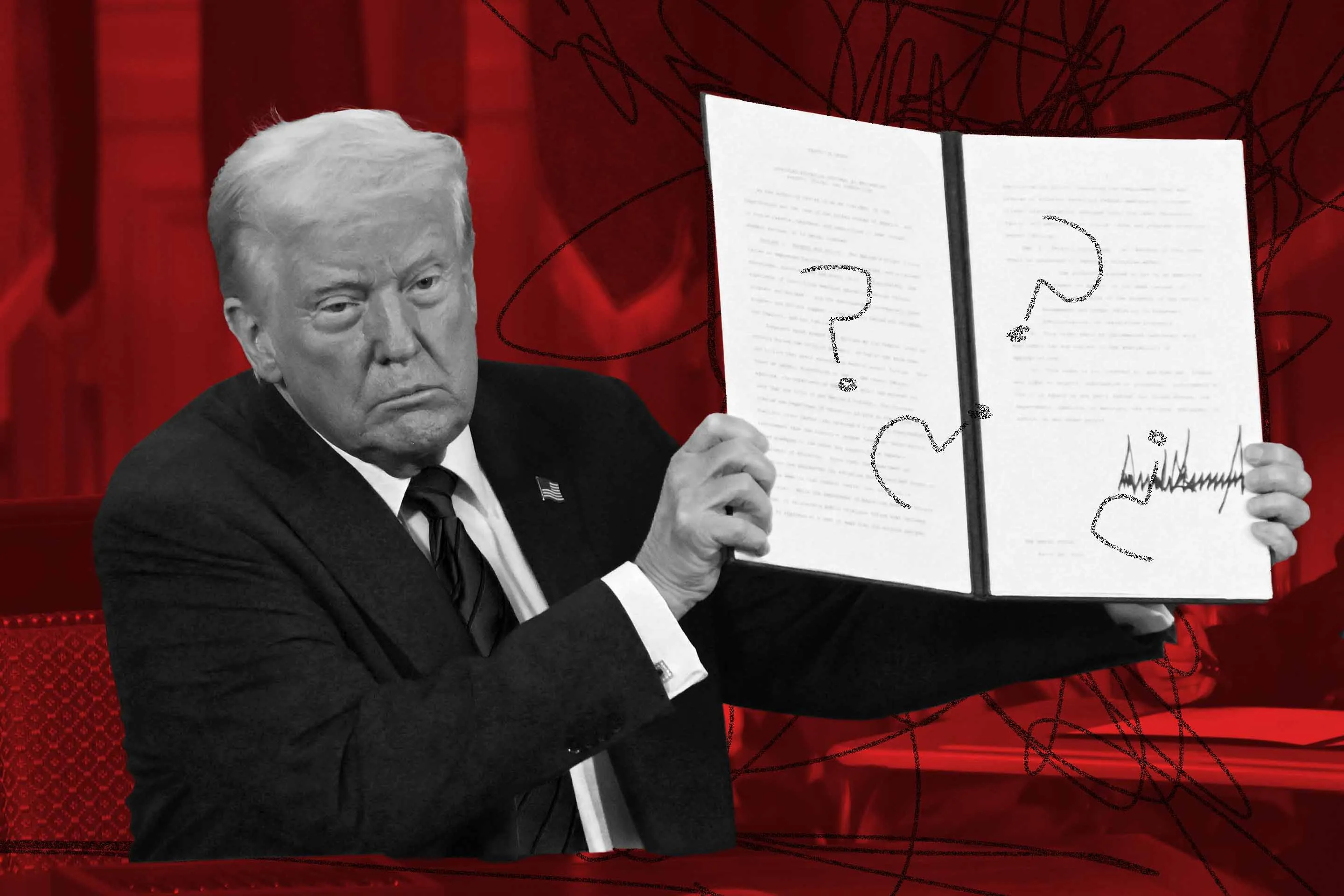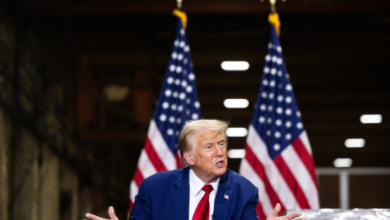Trump Signs Executive Order Mandating Voter ID, Election Day Ballot Deadlines, and Federal Oversight

WASHINGTON — March 26, 2025 — President Donald Trump signed a sweeping executive order Tuesday that imposes significant new federal demands on state-run elections, including requiring proof of U.S. citizenship to register to vote in federal elections and mandating that all ballots be received by Election Day — measures that are expected to trigger immediate legal challenges.
The order, titled Restoring Election Integrity in the United States, claims the country has failed “to enforce basic and necessary election protections” and directs the federal government to work with states on updating voter rolls, identifying non-citizen registrations, and prosecuting what it refers to as “election crimes.”
Key Provisions of the Executive Order
- Documentary proof of citizenship will now be required for federal voter registration, challenging the current process under the National Voter Registration Act.
- Mail-in and absentee ballots must be received, not just postmarked, by Election Day to be counted.
- The order directs federal agencies to coordinate with state election officials to “validate” voter rolls and share data on suspected fraud.
- States that fail to comply risk losing federal funding for election operations.
Legal and Constitutional Concerns
Election law experts and civil rights advocates warn that the order may violate the U.S. Constitution, which gives states broad control over election administration.
“This executive order represents an aggressive federal overreach into state-controlled election systems,” said Rick Hasen, a UCLA law professor and election law expert. “It’s likely to be blocked in court.”
The Supreme Court has previously ruled that states cannot require documentary proof of citizenship for federal elections without congressional authorization. Similar laws in Arizona and Kansas were struck down in federal courts.
A Familiar Focus on Mail Voting and Fraud Claims
Trump has repeatedly claimed — without credible evidence — that U.S. elections are plagued by widespread fraud, particularly involving mail-in ballots. While isolated cases of fraud occur, multiple bipartisan investigations and court rulings have found no evidence of widespread fraud in recent elections.
Despite previously attacking mail voting, Trump has since reversed course somewhat as Republican voters increasingly rely on it. Still, his new order prioritizes strict voting deadlines and document verification, echoing his 2020 election grievances.
What Happens Next
The order is expected to face swift lawsuits from voting rights organizations and Democratic-led states, many of which argue it disenfranchises eligible voters — especially naturalized citizens and communities lacking easy access to government documents.
Advocacy groups like the ACLU and Brennan Center for Justice have already vowed to challenge the policy in court.
“This is a direct attack on the right to vote under the guise of security,” said Dale Ho, director of the ACLU’s Voting Rights Project. “It targets communities that already face barriers to voting, and it’s likely unconstitutional.”
The move underscores Trump’s long-standing effort to reshape the country’s election system around his unproven claims of voter fraud — a central theme in his return to the White House and a key part of his 2025 agenda.





